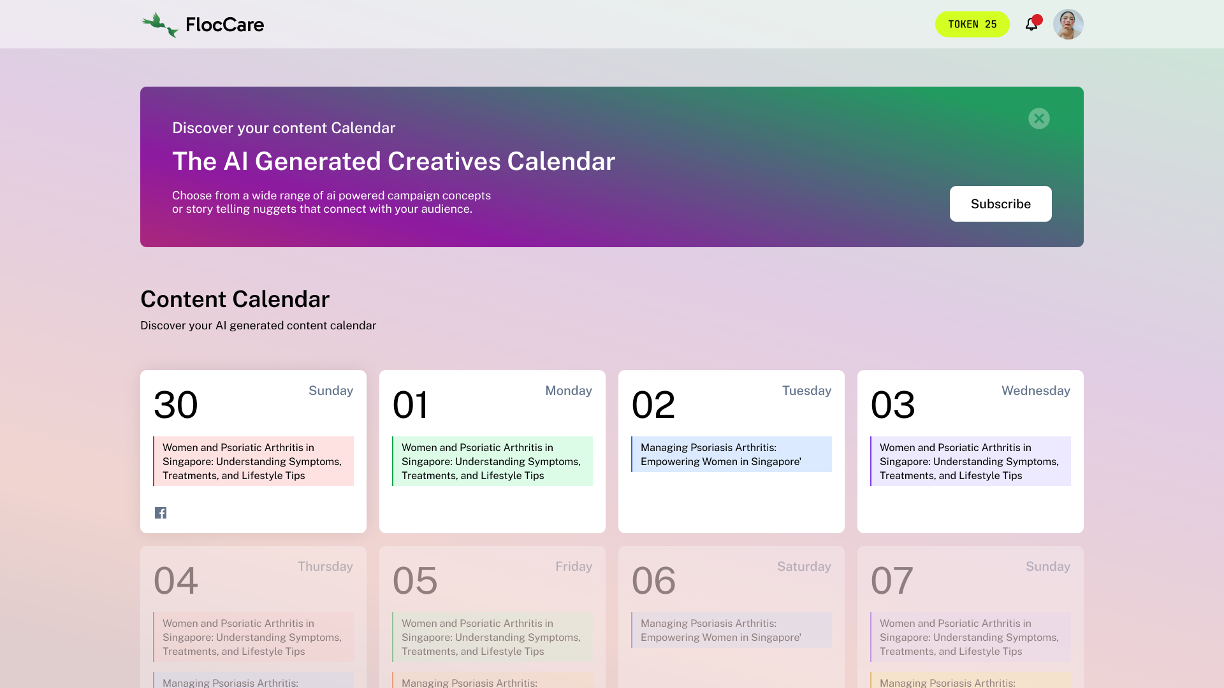Case Study: How a UAE Cardiology Centers Can Improve Hypertension Monitoring and Medication Adherence with FlocCare

Overview
Leading cardiology centers which manage thousands of hypertensive and CVD patients sought to improve long-term care adherence and reduce emergency visits triggered by unmanaged blood pressure. Patients often missed medications or failed to report symptoms until complications arose. To address these challenges, FlocCare can be adopted to deliver AI-powered multilingual health tips and automatic escalation alerts, all tailored to patient-specific care plans.

The Challenge
Cardiology teams usually report challenges in outpatient management:
- Frequent missed doses and medication non-compliance.
- Lack of consistent symptom or BP reporting between clinic visits.
- Manual follow-up calls stretched nursing resources thin.
- Patients overwhelmed by unfamiliar apps or tech platforms.
A system that could reach diverse patient populations and promote better heart health without relying on smartphone literacy is the need.

The Solution: FlocCare for Hypertension & CVD
FlocCare can be deployed within 14 days, reaching patients across English, Arabic, Hindi, and Urdu channels via SMS and WhatsApp.
Key capabilities:
- Medication & Adherence Reminders: Personalized alerts with check-in tracking.
- Symptom & Blood Pressure Prompts: Daily/weekly/customized frequency questions tied to patient risk profiles.
- Follow-Up Alert Triggers: Automatically escalated non-responses or high-risk symptom logs.
- Multilingual Education: Sent lifestyle, diet, and wellness content in patient-preferred language.

The Impact
Evidence from digital health interventions in cardiovascular care shows that continuous, personalized communication can improve medication adherence by up to 38%, resulting in improved blood pressure control. Symptom check-in participation rates may rise to 72% (from below 30%), while nursing teams can see a 45% reduction in time spent on follow-up calls as routine touchpoints are automated. Patients often report greater confidence in managing their condition, as reflected in post-intervention feedback. These findings highlight the potential impact of sustained, structured patient engagement on cardiovascular outcomes and quality of care provided to patients.

Conclusion
FlocCare can enable cardiac programs to shift from reactive follow-up to structured digital care continuity, improving patient safety, clinical efficiency, patient satisfaction and health literacy.



